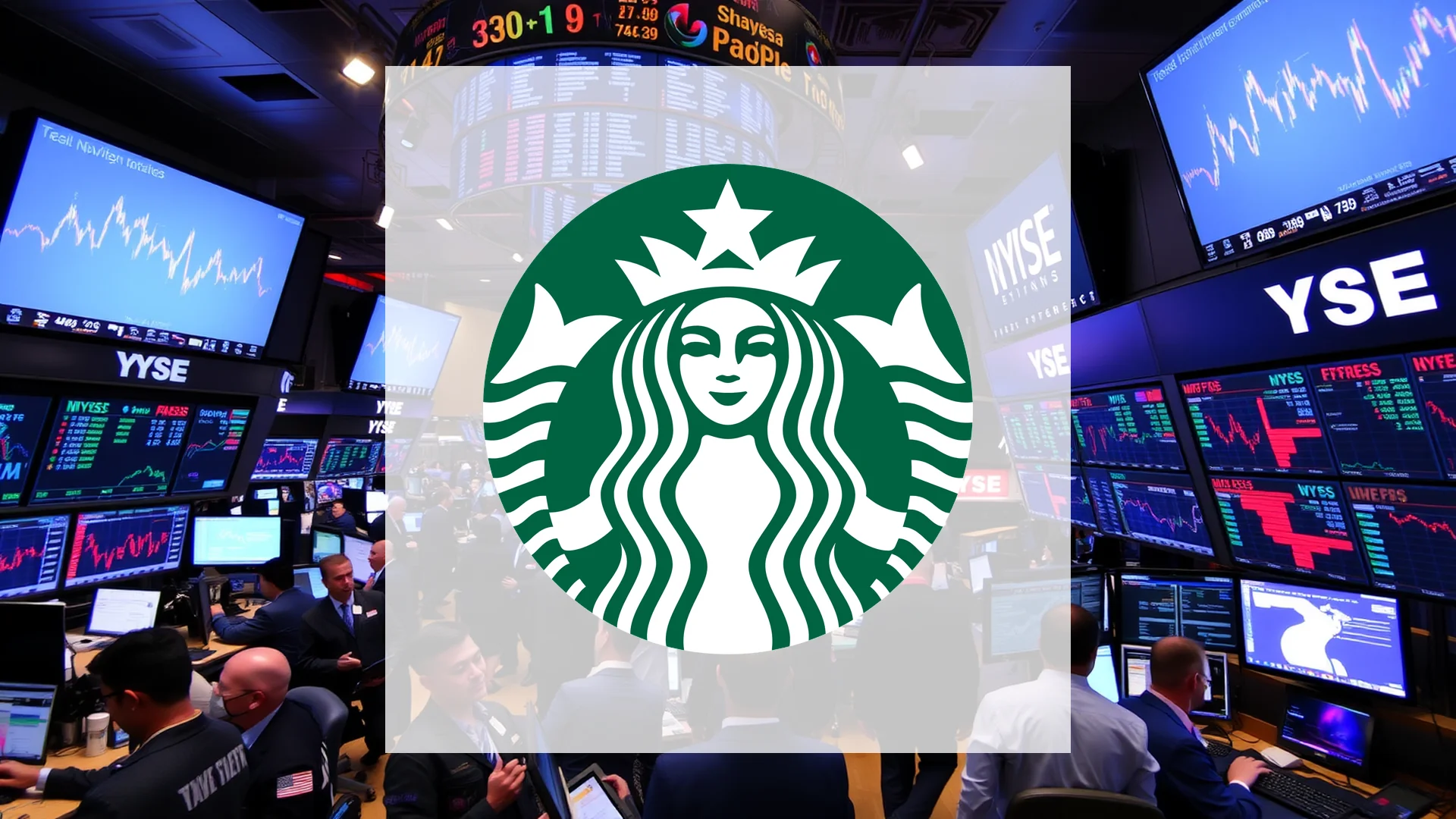Pitney Bowes delivered mixed second-quarter results, with revenues of $462 million falling short of the expected $476 million. However, adjusted earnings per share nearly doubled from $0.11 to $0.27, while adjusted EBIT surged by 37% to $102 million, indicating successful cost-cutting measures. The stock responded positively, climbing 4.6% and gaining an additional 1.9% in after-hours trading to reach $11.79. Despite recent volatility, shares have appreciated 78% over the past twelve months. The company has revised its annual forecast downward to between $1.90 and $1.95 billion after losing significant customers in its Presort business—what CEO Kurt Wolfe described as an "unforced error" by previous management who allowed profitable clients to move to competitors rather than making pricing concessions.
Leadership Overhaul Signals Strategic Shift
In a surprising development, board member Paul Evans is transitioning to become the company’s new Chief Financial Officer. This unusual move—executives rarely leave board positions for operational roles—has captured investor attention. Evans and Wolfe previously served together on GameStop’s board, forming a partnership now aimed at elevating Pitney Bowes’ performance. The management team is demonstrating confidence through aggressive shareholder value initiatives, nearly tripling the share repurchase authorization from $150 million to $400 million. With the debt ratio dropping below the critical 3.0 threshold, the company has gained additional financial flexibility to support these buybacks, which Wolfe intends to pursue aggressively at attractive price points.
Ad
Pitney Bowes Stock: Buy or Sell?! New Pitney Bowes Analysis from February 7 delivers the answer:
The latest Pitney Bowes figures speak for themselves: Urgent action needed for Pitney Bowes investors. Is it worth buying or should you sell? Find out what to do now in the current free analysis from February 7.
Pitney Bowes: Buy or sell? Read more here...













